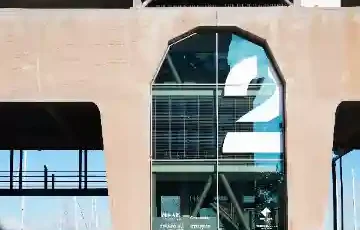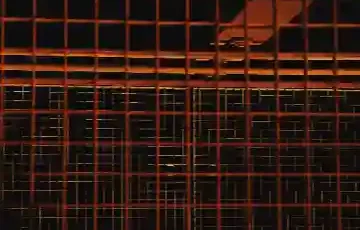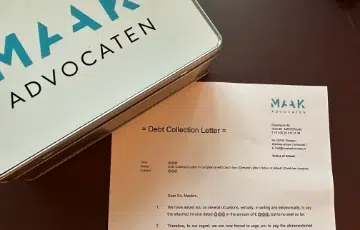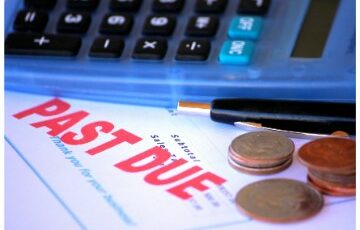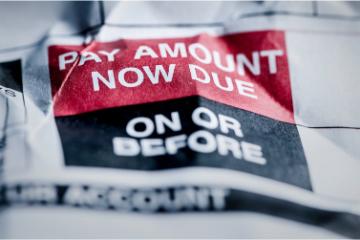
In the Netherlands, commercial debt collection begins with a creditor sending a written demand to the debtor. This notice provides the debtor with a deadline to pay the outstanding amount. If the debtor fails to comply, the creditor may proceed with legal action. The process is typically swift and creditor-friendly, focusing on achieving timely debt recovery.
What Rights and Obligations Do Creditors and Debtors Have?
Creditors are entitled to receive the owed amount in full, including any agreed-upon interest and costs. They may engage a debt collection agency or initiate legal proceedings if necessary. Debtors, on the other hand, have the right to a fair and transparent process. They must be informed about the debt and given a reasonable opportunity to dispute or settle it.
How Do Dutch Debt Collection law firms Operate in This Context?
Commercial debt collection law firms in the Netherlands play a pivotal role as intermediaries, bridging the gap between creditors and debtors. These firms employ a range of strategies, including the dispatch of meticulously crafted reminder letters and the placement of strategic phone calls, all designed to diplomatically encourage debtors to fulfill their financial obligations. It’s crucial to note that these law firms operate under a stringent regulatory framework. This framework mandates adherence to principles of fairness and equity in dealing with debtors, categorically prohibiting any forms of harassment or the exertion of undue pressure. Their practices are not only about ensuring compliance with the law but also about maintaining the delicate balance between assertive debt recovery and ethical conduct.
What Legal Remedies Are Available for Debt Recovery?
Commercial debt collection in the Netherlands is only necessary if the opposite party refuses to pay. If amicable collection fails, creditors can pursue legal action. This includes:
- Summary Proceedings: A fast-track legal procedure for undisputed claims (in Dutch: “kort geding”).
- Regular Legal Proceedings: Used for larger or disputed debts (in Dutch: “bodemprocedure”).
- Attachment of Earnings or Assets: A court may order the seizure of a debtor’s assets or garnishment of wages to satisfy the debt (in Dutch: “conservatoir beslag”).
How Does Understanding These Mechanisms Benefit Businesses?
By understanding these legal approaches, businesses can effectively manage their receivables and mitigate financial risks. Knowledge of debtor’s rights ensures ethical practices, while awareness of legal remedies empowers creditors to recover debts efficiently.
Understanding commercial debt collection in Holland is vital for maintaining a healthy business environment. By navigating these legal approaches, businesses can ensure efficient and fair debt recovery, balancing their financial interests with the rights of debtors
Collecting a commercial debt in Holland
Legal debt collection plays a vital role in ensuring efficient and fair resolution of commercial debts in the Netherlands. The importance of legal debt collection cannot be undermined as it provides a structured framework for creditors to recover their outstanding debts while safeguarding the rights and interests of both parties involved in the transaction. By adhering to the legal debt collection process, businesses can maintain a professional approach towards debt recovery, minimizing the risk of potential disputes and conflicts.
One of the key benefits of legal debt collection is that it provides a systematic approach to debt recovery, ensuring that all parties involved are aware of their rights and obligations. This framework allows for clear communication and negotiation between the creditor and debtor, facilitating a fair resolution of the outstanding debt. Legal debt collection also provides a level playing field for both parties, as it prevents any undue advantage or exploitation.
Moreover, legal debt collection ensures that the rights of creditors are protected. It enables them to take appropriate actions to recover the debt owed to them, including initiating legal proceedings if necessary. This process acts as a deterrent for debtors who may be tempted to default on their payments, as they are aware that legal consequences can follow.
Debt Collection Procedures in the Netherlands
Debt collection procedures in the Netherlands follow a structured and systematic approach to ensure efficient resolution of outstanding debts. These procedures are designed to protect the rights of both creditors and debtors while promoting a fair and transparent process.
Here are three key aspects of debt collection procedures in the Netherlands:
- Notification and Demand Letters: The first step in the debt collection process is sending a notification or demand letter to the debtor. This letter outlines the outstanding debt, including any interest or fees, and sets a deadline for payment. It is important to provide clear and concise information in these letters to avoid any misunderstandings.
- Mediation and Negotiation: If the debtor fails to respond or disputes the debt, mediation or negotiation may be pursued. Mediation involves a neutral third party who helps facilitate a resolution between the creditor and debtor. Negotiation allows both parties to discuss and potentially agree on an alternative payment plan or settlement.
- Legal Proceedings: If all attempts at amicable resolution fail, legal action can be taken. This involves filing a lawsuit with the court and obtaining a judgment. Once a judgment is obtained, various enforcement measures can be used to recover the debt, such as wage garnishment or property seizure.
Rights and Obligations of Creditors and Debtors
After establishing the structured and systematic approach to debt collection procedures in the Netherlands, it is crucial to explore the rights and obligations of both creditors and debtors in this process.
Creditors have certain rights when it comes to debt collection. Firstly, they have the right to demand payment of the outstanding debt from the debtor. They are entitled to take legal action if the debtor fails to pay or refuses to cooperate. Creditors also have the right to charge interest on the unpaid debt, in accordance with the agreed-upon terms or statutory rates. Additionally, they have the right to recover reasonable costs incurred during the debt collection process, such as legal fees or collection agency charges.
On the other hand, debtors also have rights and obligations in the debt collection process. Debtors have the right to receive clear and accurate information about the debt, including the amount owed, the creditor’s identity, and any interest or charges that may apply. They also have the right to dispute the debt if they believe it is incorrect or unjust.
Debtors are obligated to make timely payments and to cooperate with the creditor in resolving the debt. Debtors need to keep records of all communications and payments related to the debt to protect their rights.
Legal Remedies for Debt Recovery in the Netherlands
Legal remedies available for debt recovery in the Netherlands include a range of options to assist creditors in recovering outstanding debts from debtors. The Dutch legal system provides several avenues for debt recovery, which are effective in ensuring that creditors receive the money owed to them. One such remedy is the issuance of a payment order, which is a fast and cost-effective way to enforce debt collection. This allows creditors to obtain a court order for payment without the need for a full trial. If the debtor fails to comply with the payment order, the creditor can proceed to seek enforcement through various means, such as seizure of assets or wage garnishment.
Another legal remedy is the initiation of summary proceedings, which are expedited court proceedings designed to resolve disputes quickly. This remedy is particularly useful in cases where immediate action is required, such as when there is a risk of dissipation of assets. Additionally, the Netherlands has an effective insolvency regime, allowing creditors to commence bankruptcy proceedings against debtors who are unable to pay their debts. This provides a structured process for debt recovery and can result in the liquidation of the debtor’s assets to satisfy outstanding debts.
Conclusion
In conclusion, understanding the legal approaches to commercial debt collection in the Netherlands is crucial for both creditors and debtors. By following the appropriate debt collection procedures and being aware of their rights and obligations, parties involved can navigate the process effectively. Debt collection agencies also play a significant role in assisting with debt recovery. They have the expertise and resources to handle the collection process efficiently, relieving creditors of the burden of chasing unpaid debts. The legal remedies available provide a framework for resolving commercial debt disputes and ensuring fair outcomes for all parties involved. These remedies may include negotiation, mediation, arbitration, or litigation, depending on the circumstances of the case. Ultimately, a well-informed and proactive approach to commercial debt collection is essential for protecting the interests of both creditors and debtors in the Netherlands.



